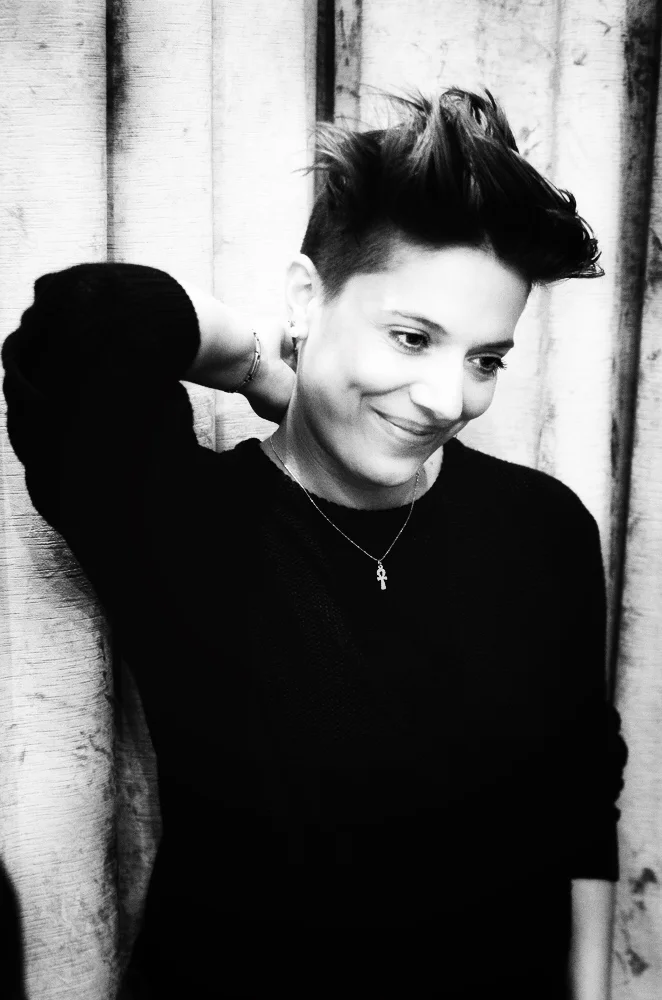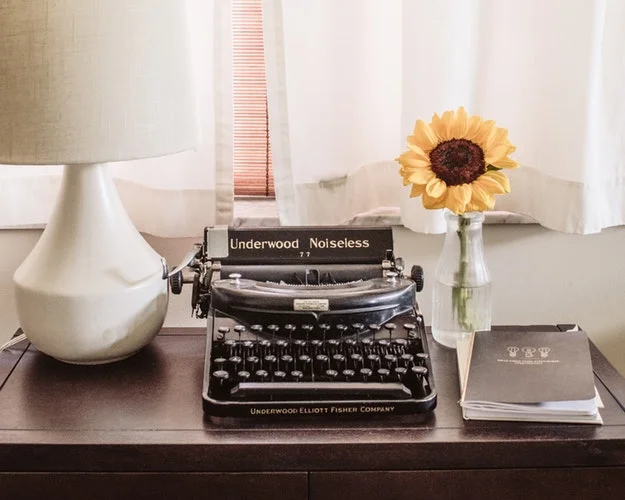Interview with Emily Rice
F: What is your background? What did you study?
ER: My background is definitely in music. I started playing the cello when I was about 7 years old and I was one of two young women accepted to study music A-level at Harrow School on a full scholarship. I then went on to study music for my undergraduate degree at the University of York, before finally making my way to LA to take the film scoring programme at USC. It was a little while before starting at USC that I really started paying attention to film as well, my job requires both after all!
F: What is it that you love about music / your job?
ER: The main thing that I love about music is that it will keep me occupied for my entire life; I will always be learning and (hopefully) getting better. I also love how varied my job is. One day I might be working on an animation that requires both jazz and rock vibes, and the next I’ll be composing something way more classical for a period drama, or coming up with some weird musical sound design ideas where the music is made up entirely of water sounds (these are actually all real examples of projects I’ve been working on recently!).
F: It sounds so diverse and interesting.
ER: It is. It is never boring. I also love working with people to help tell stories. I think any art form, but maybe film more than any other, has a way of reflecting us back at ourselves and I think that’s something really important.
F: Do you prefer TV / Film? Why?
ER: My work as a composer has primarily been in film, and my work on TV has tended to be in other capacities such as orchestrator. TV and film vary quite a bit in terms of schedules; how much music you have to write and how quickly. I think that over recent years, some TV has become more cinematic and so the two have become more aligned. I can only speak to having written for film, so I’ll say film for now!
F: Have you ever encountered obstacles in your work because you are a woman?
ER: I have experienced some very clear obstacles, yes! And some subtle ones too.
F: Any experiences you wish/can share?
Without going into specifics, I’d say that the main obstacles in my own experience have come down to the lack of equal opportunities, not being given the opportunity to fail, and being subjected to a higher level of scrutiny and review compared to my male peers.
F: Which film composer do you admire? and why?
ER: Laura Karpman is definitely a composer I admire a lot. She’s a brilliant and incredibly versatile writer and I love the emotional depth contained in her music. She’s also a generous and fierce advocate for her fellow female composers, and her achievements, including being elected as the first female governor to the music board for The Academy, are testament to that. She is probably the closest thing I’ve had to a mentor since I’ve lived in LA, and I thank her for that.
F: There are many other composers that I have great admiration for too, but I’d probably have to mention Daniel Pemberton for his film scoring philosophy. He works really hard to make each of his scores unique, and treads that fine line between fighting for his vision and accommodating his filmmakers, which can be a challenging balancing act. And John Powell, because he’s John Powell!
F: What was the favourite project that you’ve worked on and why?
ER: That’s a tough one! I’ve worked on projects in varying capacities and each experience is different. I always enjoy working on projects where I am the sole composer; I have the most control over the score on those films, which makes the work more creatively fulfilling. Any project I work on where we get to record live players always goes down well with me too!
F: Any piece of advice for women who wish to start their careers as music composer in the film and tv industry?
ER: My main advice about starting out in the industry is the same for both men and women; prepare and immerse yourself in both music and film as much as you can. Your job will be to understand narrative as well as music, they are both huge subjects to delve into and it will take time for you to become experienced. Enjoy that early learning time! For women specifically, and indeed for people of colour, be aware that there may be a few more obstacles along your path but don’t let it deter you. It’s a privilege to write music for a living, treasure it.
Main Article Photo from Merissa Fernandez.
Photography by Isabelle Engman
Photography by Huazhang Dai









